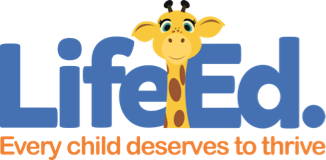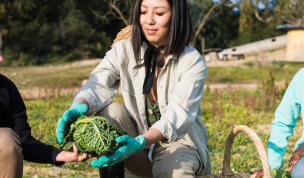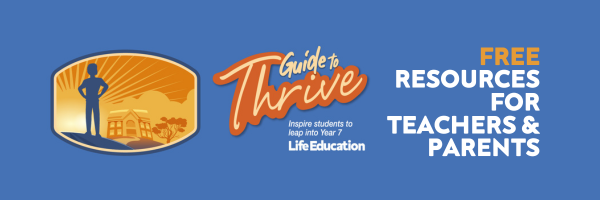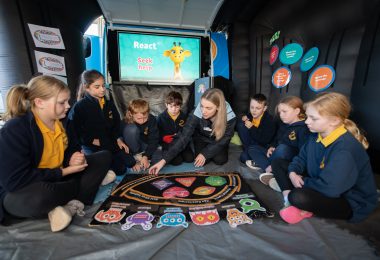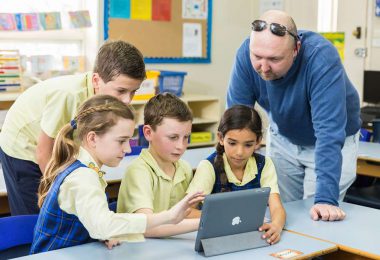Bringing hygiene education to life
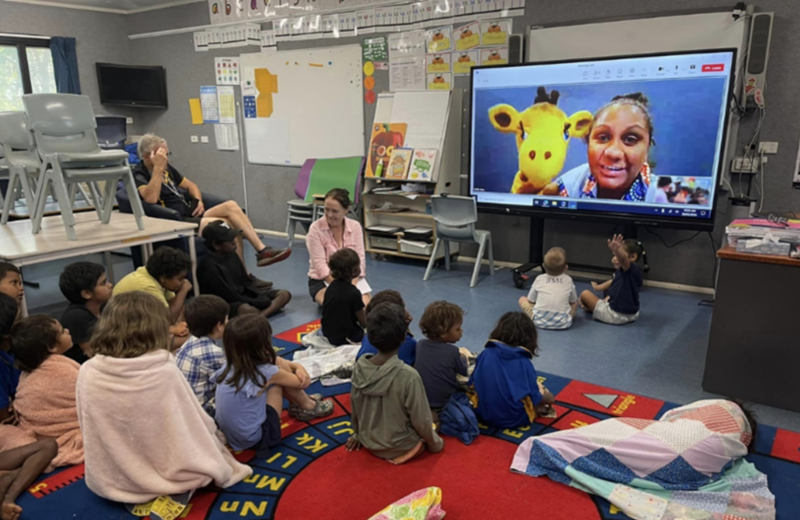
Life Ed NT and the Katherine West Health Board recently joined forces again to bring crucial hygiene education to remote communities.
But how to achieve this in communities where physical travel is challenging?
Instead of letting weather and roadblocks stop delivery, Educators embraced the digital age in order to deliver essential lessons to eager young minds in remote communities like Kalkaringi, Lajamanu, Pigeon Hole, Bulla Camp, Amanbidgi, Timber Creek, and Yarralin.
Leveraging online delivery platforms, they brought the program to schools without leaving the office. Through virtual classrooms and printable resources, Educators ensured no one missed out on essential health education aimed at refreshing students’ memories on basic hygiene principles and introducing new knowledge about preventing the spread of germs.
The lessons were engaging and interactive, focusing on practical demonstrations, storytelling, and multimedia resources. Students didn’t just learn about hygiene; they lived it, mimicking proper handwashing techniques, learning to cover sores, and understanding the importance of seeking medical help when needed.
One crucial aim of the program was to draw awareness to Rheumatic Heart Fever (RHF), a significant health concern in these communities. By instilling good hygiene practices early on, Educators hoped to empower students to take control of their health and reduce the incidence of preventable illnesses.
Feedback from both students and Educators was overwhelmingly positive.
Despite the challenges of online learning, the resilience and adaptability of everyone involved shone through. While face-to-face interaction remained cherished, the success of online delivery demonstrated the potential of technology to overcome barriers and ensure educational continuity.
